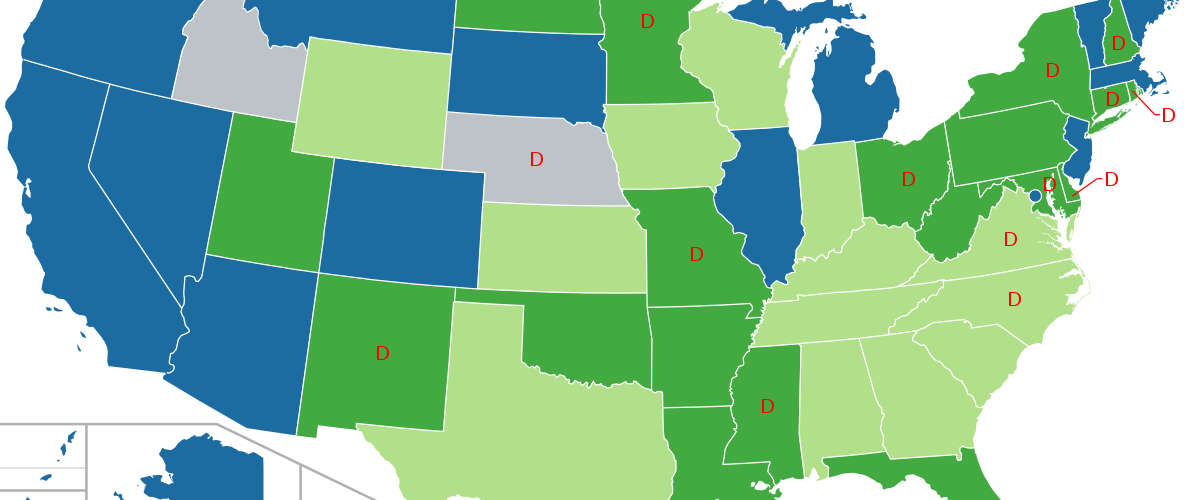December 8, 2020 – Wyoming residents have steadily changing opinions regarding the use and possession of marijuana, according to a new survey by the Wyoming Survey and Analysis Center (WYSAC) at the University of Wyoming.
Over half (54 percent) of Wyoming residents now say they support allowing adults in Wyoming to legally possess marijuana for personal use. This continues the steady increase in support observed from 2014, 2016 and 2018, when support rose from 37 percent to 41 percent to 49 percent, respectively.
Looking across age groups, there is a clear pattern of younger age groups expressing more support for marijuana legalization. This support decreases as age increases — this observed pattern is a statistically significant trend.
There is popular support among younger Wyoming residents, with a majority of 18- to 24-year-olds (67 percent), 25- to 34-year-olds (74 percent), 35- to 44-year-olds (68 percent) and 55- to 64-year-olds (51 percent) supporting legalization. Support for legalization falls below a majority of those aged 45-55 (45 percent), 65-74 (40 percent) and 75-older (30 percent).
According to Rodney Wambeam, a senior research scientist at WYSAC, the support for recreational marijuana use reflects a decrease in the perceived risk or harm related to the drug.
“Despite the increasing dangers of marijuana use, such as addiction or drugged driving, young people in particular seem to view marijuana as a safe and natural alternative to alcohol or other illicit drugs,” Wambeam says.
As was the case in 2018, a large majority (85 percent) of Wyoming residents say they support the legalization of marijuana for medical purposes if a doctor prescribes it. This has remained steady from 2018, when 86 percent reported that they support this.
Three-quarters of Wyoming residents (75 percent) believe that people convicted of possessing small amounts of marijuana should not serve time in jail. This has increased from 69 percent in 2018 and from 66 percent in 2014.
“As laws regarding the legalization and decriminalization of marijuana change around the U.S., especially in nearby states, it’s not surprising to see attitudes in Wyoming change as well,” says Brian Harnisch, senior research scientist at WYSAC. “In all bordering states except Idaho, marijuana or medical marijuana has been legalized to some extent or decriminalized.”
The statewide survey was conducted Oct. 8-29, yielding 614 responses from randomly selected Wyoming citizens. The margin of error for the distribution of responses on any individual survey question is plus or minus 4 percentage points. Men and women from all age groups are represented, and all counties in Wyoming are proportionally represented in the survey sample. The final survey data have been weighted to reflect the actual population distribution in Wyoming on these key demographic characteristics.
Both landline and cellular telephone numbers were randomly generated for the study, resulting in 82 percent of completed surveys on cell phones. The survey is funded by WYSAC and UW’s School of Politics, Public Affairs and International Studies.
Complete survey results are available at: https://wysac.uwyo.edu/wysac/reports/View/6710.
 University of Wyoming
University of Wyoming